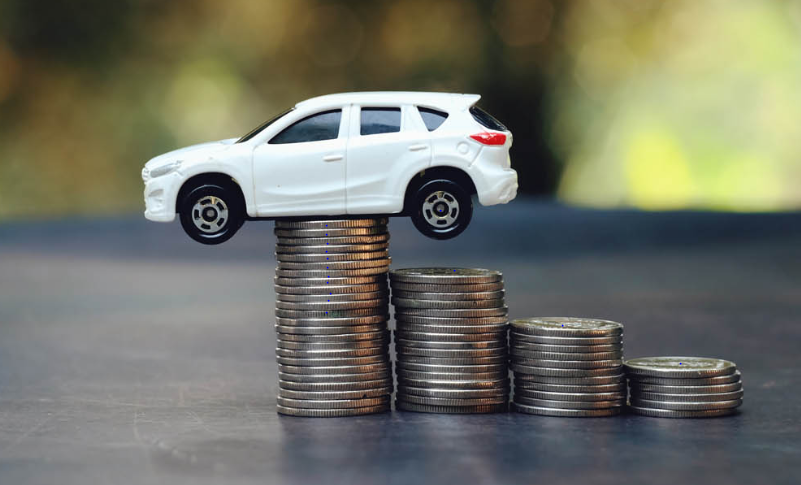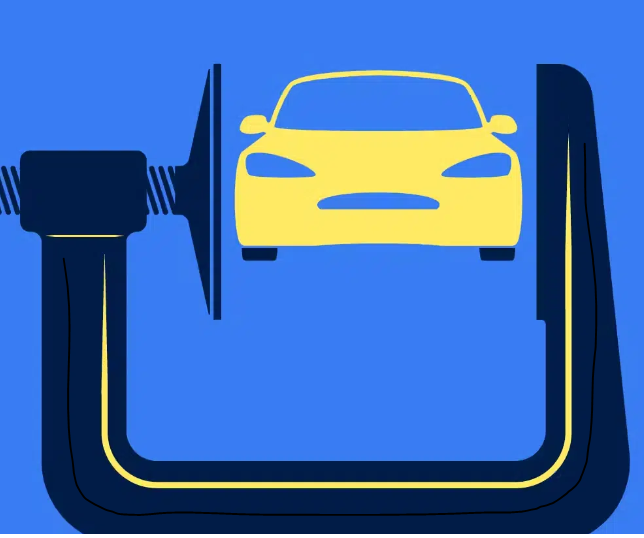When purchasing a car, one of the most significant factors that will influence the total cost of your vehicle is the car loan interest rate. This rate determines how much you’ll pay on top of the principal loan amount over the life of the loan. Understanding how car loan interest rates are set and what factors influence these rates is essential for making informed decisions about financing your next vehicle.
What is a Car Loan Interest Rate?
A car loan interest rate is the percentage charged by the lender for borrowing money to purchase a car. It is an important factor because it dictates how much extra you’ll need to pay in addition to the principal amount of the loan. This rate can vary significantly between lenders and is usually affected by both personal factors (such as your credit score) and economic factors (such as inflation rates and central bank policies). Car loan interest rates can be either fixed or variable, with fixed rates staying the same throughout the term of the loan and variable rates fluctuating based on market conditions.
Understanding the factors that influence car loan interest rates is crucial for securing the most favorable loan terms and saving money in the long run.
Factors That Influence Car Loan Interest Rates
- Credit Score
Your credit score is one of the most significant factors that lenders consider when setting your car loan interest rate. Lenders use your credit score to determine your creditworthiness, or the likelihood that you will repay the loan on time. Generally, the higher your credit score, the lower your car loan interest rate will be. This is because a higher credit score indicates to lenders that you are a responsible borrower, presenting less risk.
If you have an excellent credit score (typically 700 or higher), you are more likely to qualify for the best available interest rates. On the other hand, if your credit score is poor (below 600), you may be subject to higher interest rates, as lenders view you as a riskier borrower. This is why it’s crucial to check your credit score before applying for a loan and take steps to improve it if necessary.
- Loan Term
The term of your car loan can also have a significant impact on the interest rate you receive. Car loan terms generally range from 36 to 84 months, with longer terms often offering lower monthly payments but higher interest rates over the life of the loan. Shorter loan terms (e.g., 36 or 48 months) tend to have higher monthly payments, but the overall interest paid is usually lower.
Lenders may offer more favorable interest rates for shorter-term loans because they are less risky for the lender. The borrower pays off the loan quicker, which reduces the lender’s exposure to interest rate fluctuations. However, with a longer-term loan, the lender takes on more risk because it takes longer for the loan to be repaid, and they may charge higher interest rates to offset this risk.
- Down Payment
The size of your down payment can significantly impact your car loan interest rate. A larger down payment reduces the amount you need to borrow, which lowers the lender’s risk. By making a substantial down payment, you may be able to negotiate a lower interest rate. This is because lenders see the lower loan-to-value ratio (LTV) as a sign of lower risk. The larger the down payment, the less you need to finance, and the more likely you are to receive a favorable interest rate.
- Type of Car
The type of car you are purchasing can also affect your car loan interest rate. New cars typically have lower interest rates compared to used cars. This is because new cars depreciate slower and are seen as a more stable investment for the lender. In contrast, used cars tend to lose their value faster, which means they are considered riskier for lenders to finance. As a result, used car buyers may face higher interest rates.
Additionally, luxury cars or high-performance vehicles may come with higher interest rates, as these types of cars have higher resale values and can be more expensive to repair or maintain. Lenders may view these cars as riskier investments, leading to a higher interest rate for buyers.
- Economic Factors
In addition to personal factors, macroeconomic conditions also play a crucial role in determining car loan interest rates. One of the most important economic factors is the Federal Reserve’s benchmark interest rate. When the Fed raises or lowers interest rates to control inflation, it directly affects the interest rates lenders charge for car loans. If the economy is experiencing inflation, lenders may raise car loan interest rates to protect themselves against rising costs.
Additionally, factors such as inflation, unemployment rates, and consumer demand for vehicles can influence lenders’ willingness to offer credit and the rates at which they offer it. During periods of economic uncertainty, lenders may increase interest rates to offset risk, whereas during stable or booming economic conditions, they may lower interest rates to encourage borrowing.
- Lender Type
Different types of lenders offer different car loan interest rates. Traditional banks and credit unions are common sources of car loans, and each offers varying terms and rates. Credit unions often provide more competitive interest rates, especially for borrowers with good credit, as they tend to be nonprofit institutions that prioritize member service over profit. On the other hand, online lenders and car dealerships may offer higher interest rates, especially if they are working with subprime borrowers.
When shopping for a car loan, it’s important to compare rates from multiple lenders to ensure you are getting the best deal.
Conclusion
Understanding the various factors that influence car loan interest rates is crucial when it comes to making informed decisions about financing your vehicle. Your credit score, loan term, down payment, type of car, and the economic environment all play a role in determining the interest rate you will receive. By taking steps to improve your credit score, shopping around for the best loan terms, and considering the impact of your loan’s duration, you can secure a car loan that suits your financial situation and saves you money in the long run.


